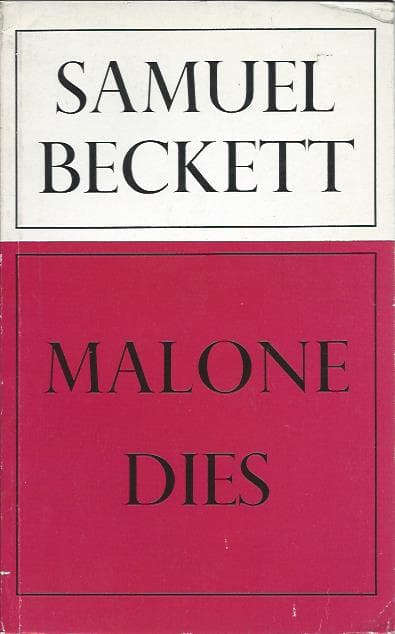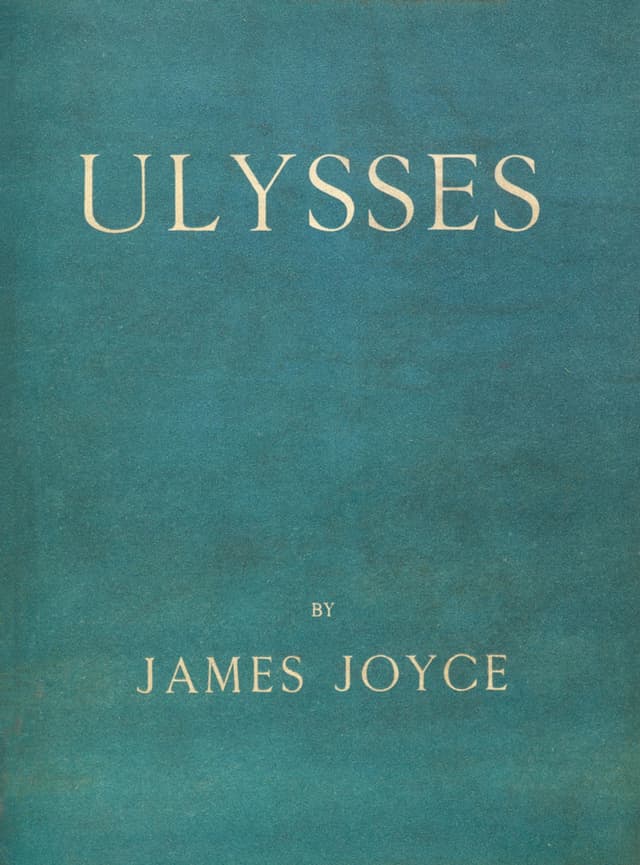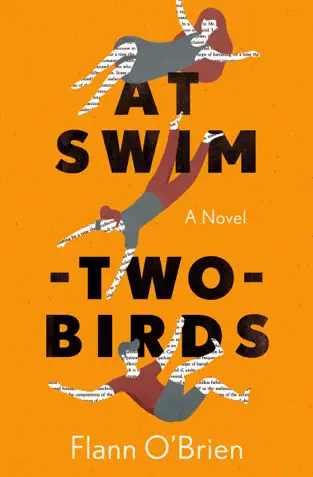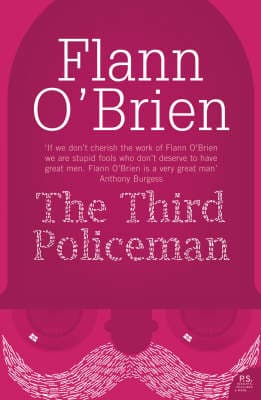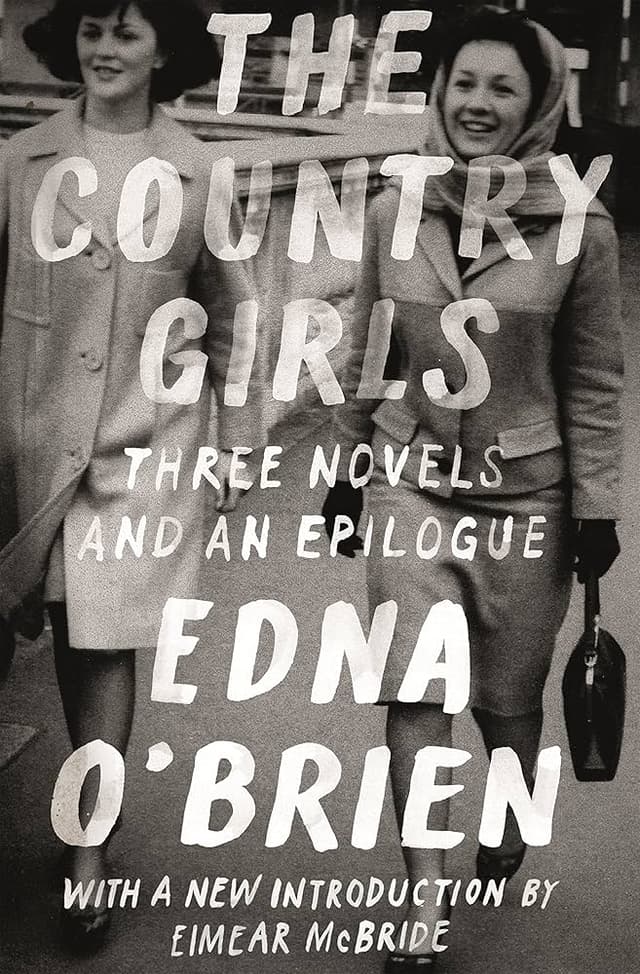Laynta participates in the Amazon Services LLC Associates Program, an affiliate advertising initiative that allows us to earn fees by linking to Amazon.com.
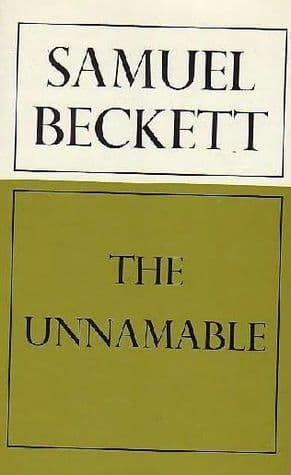
The Unnamable
The Unnamable, written by Samuel Beckett and first published in 1953, is the final novel in his influential existential trilogy following Molloy and Malone Dies.
In The Unnamable, Beckett takes his exploration of existential themes to an even more abstract level than in the previous novels. The book centers around an unnamed protagonist, presumably the unnamable, who exists in a vague, indeterminate state, questioning his own existence. This character may be seen as an amalgamation or continuation of the protagonists from the earlier novels in the trilogy, but Beckett leaves much to the reader's interpretation.
The narrative is a relentless, often circular stream of consciousness that delves into the themes of identity, language, and the nature of existence. The protagonist's voice fluctuates between different personas, blurring the lines between being and non-being, self and other. The novel is characterized by Beckett's minimalist yet potent prose, and the absence of conventional plot and character development.
The Unnamable is a challenging read, demanding active engagement from its readers to grapple with its philosophical inquiries and fragmented narrative. The novel is a stark representation of the human struggle to find meaning and identity in a void, embodying the essence of existential despair and the search for self amidst the chaos of existence.
I'll go on. You must say words, as long as there are any - until they find me, until they say me. (Strange pain, strange sin!) You must go on. Perhaps it's done already. Perhaps they have said me already. Perhaps they have carried me to the threshold of my story, before the door that opens on my story. (That would surprise me, if it opens.) It will be I? It will be the silence, where I am? I don't know, I'll never know: in the silence you don't know. You must go on. I can't go on. I'll go on.


